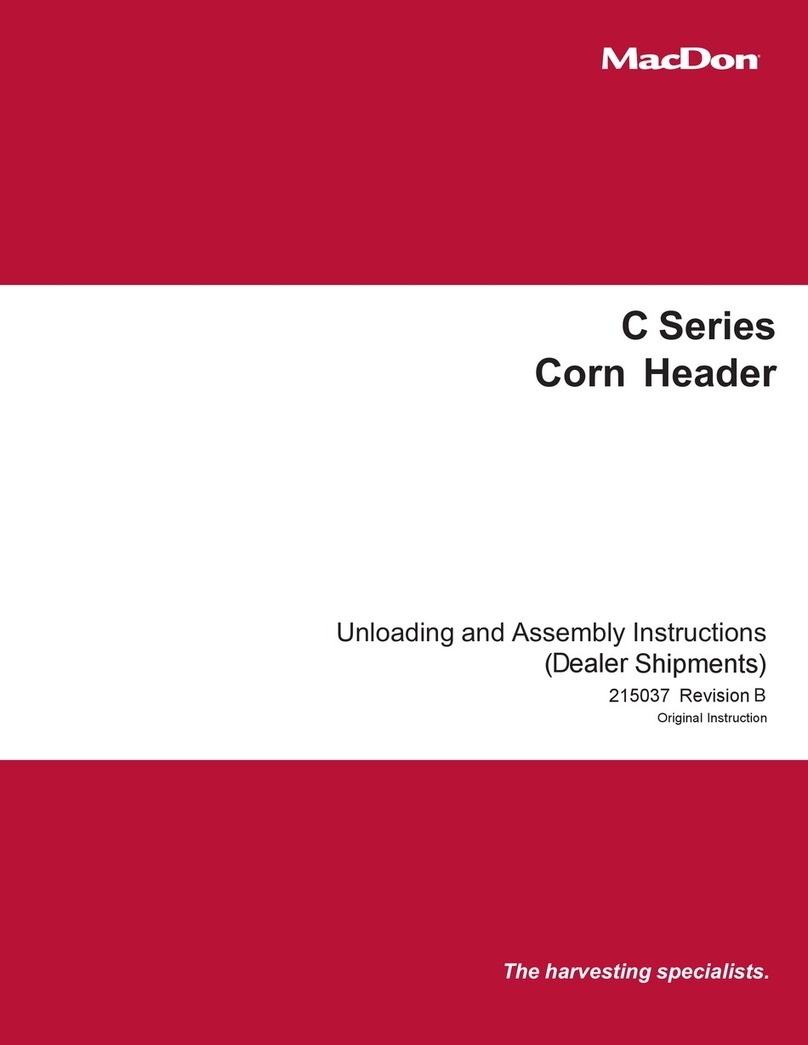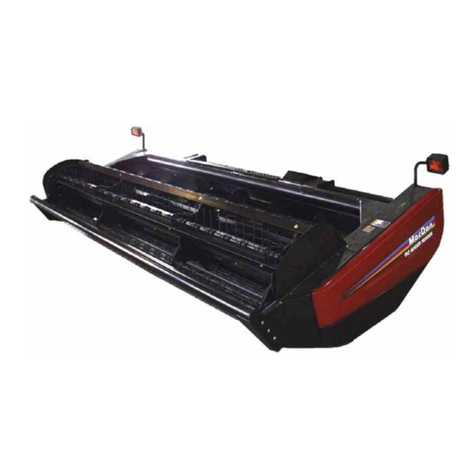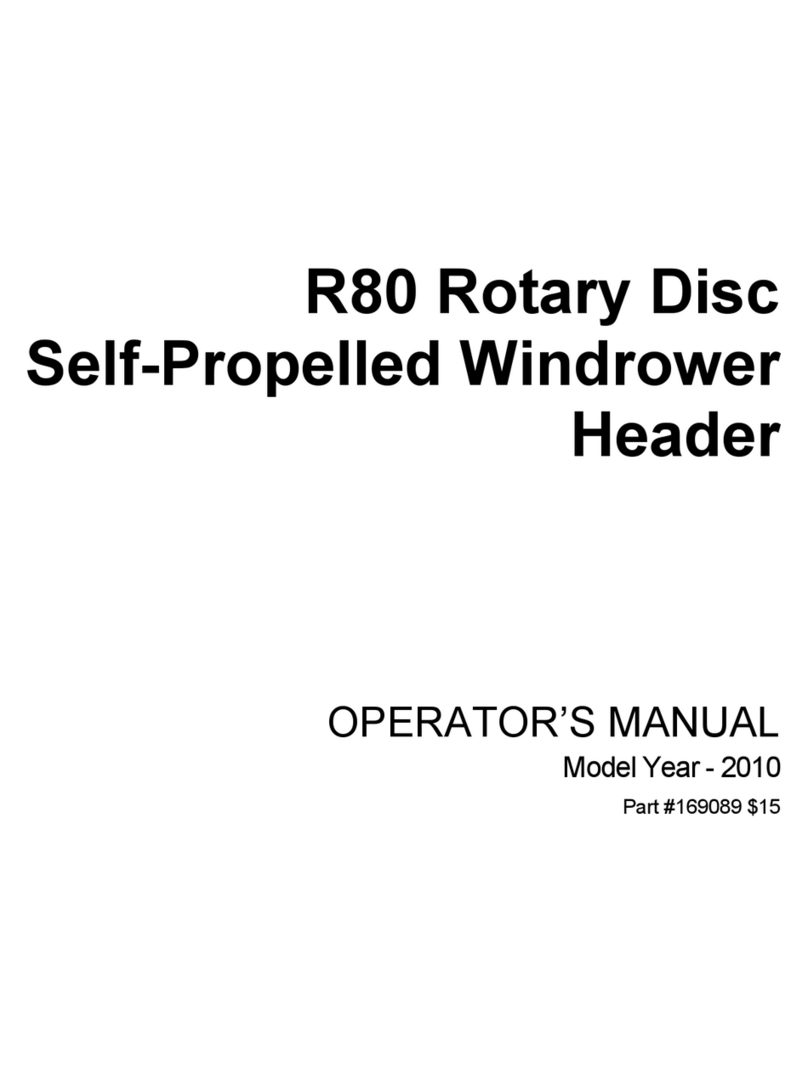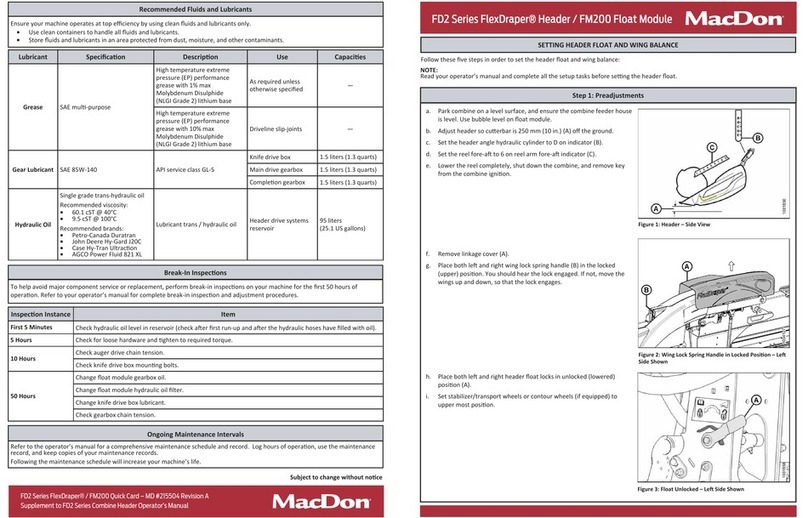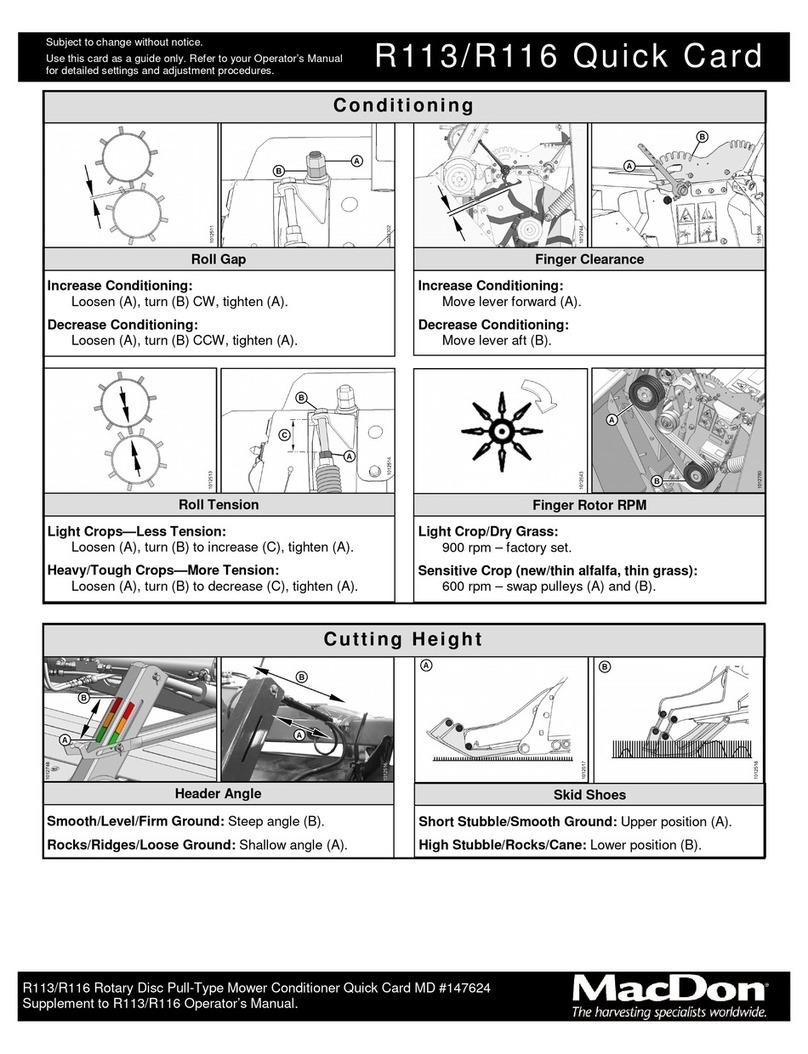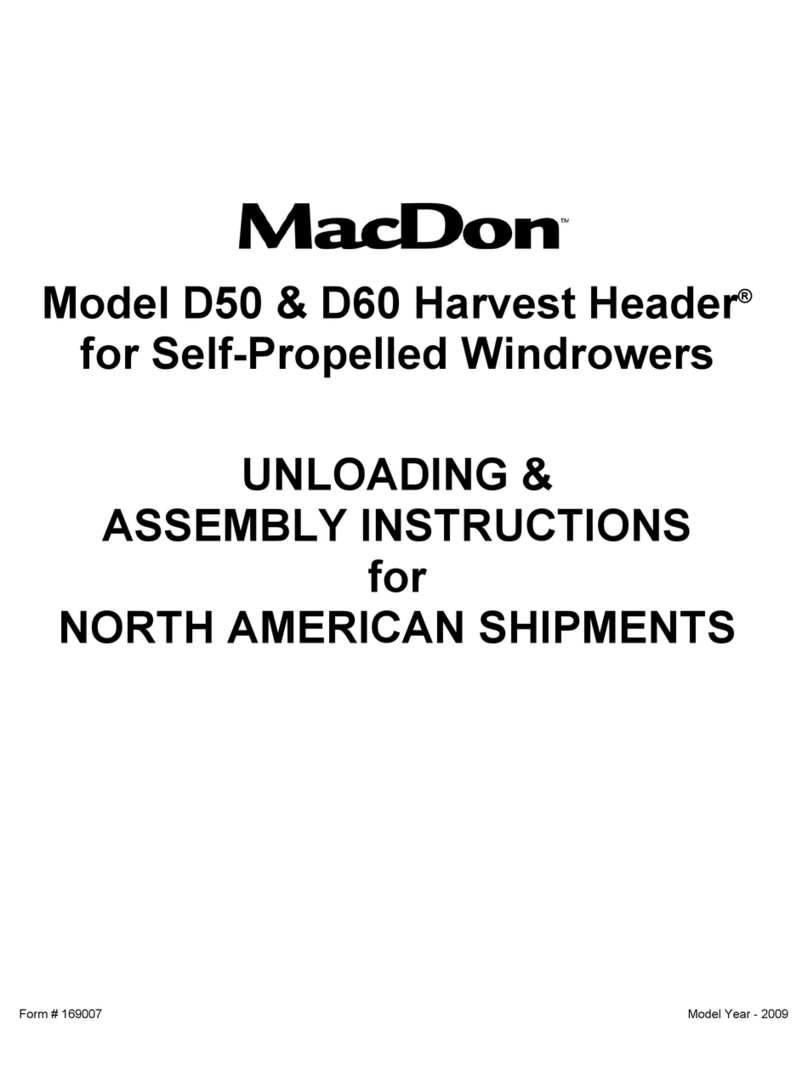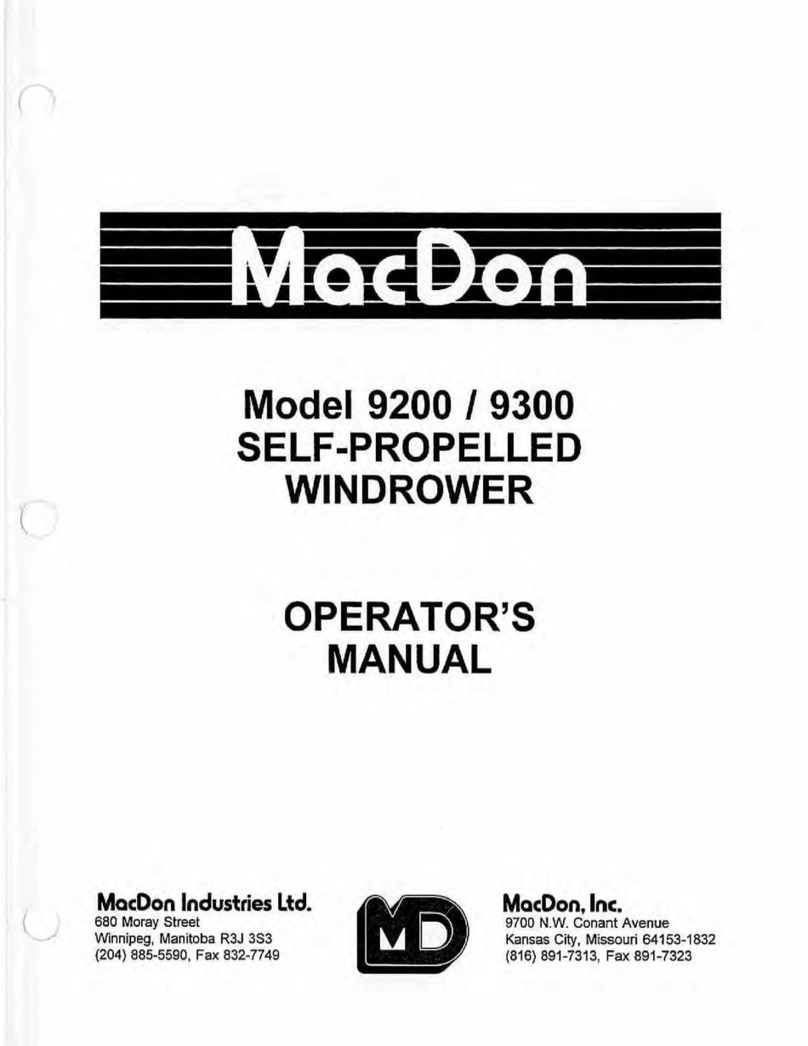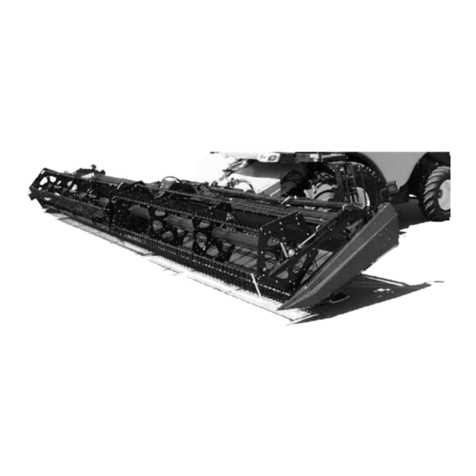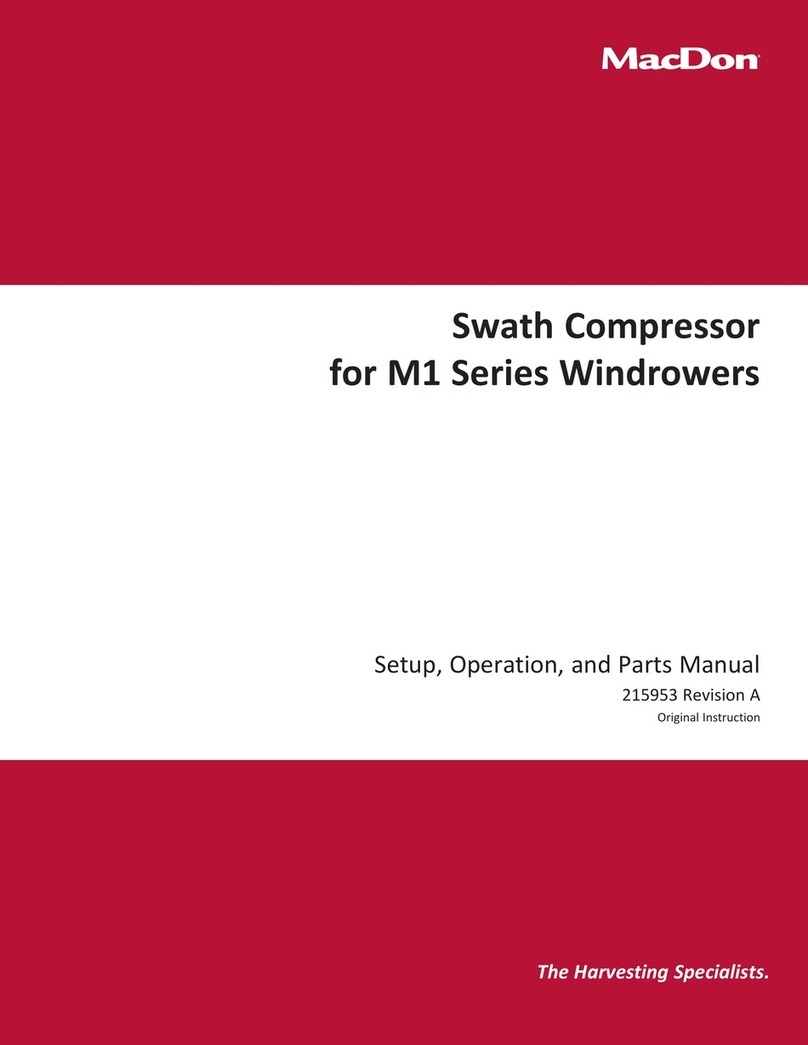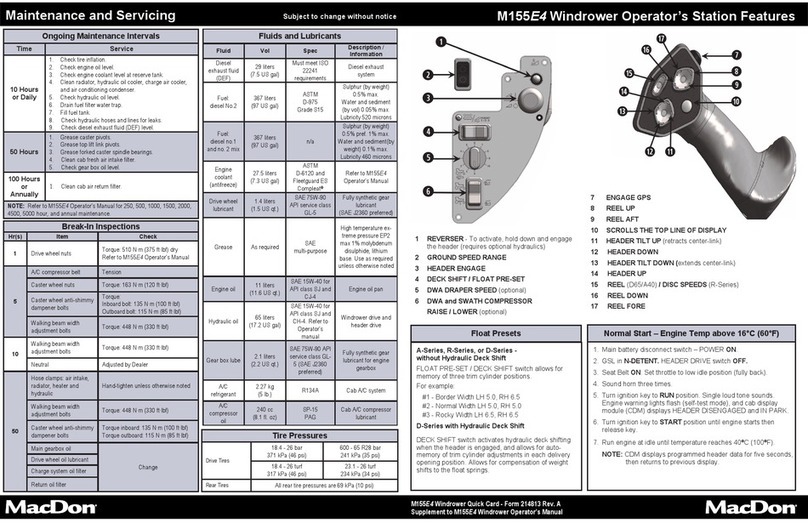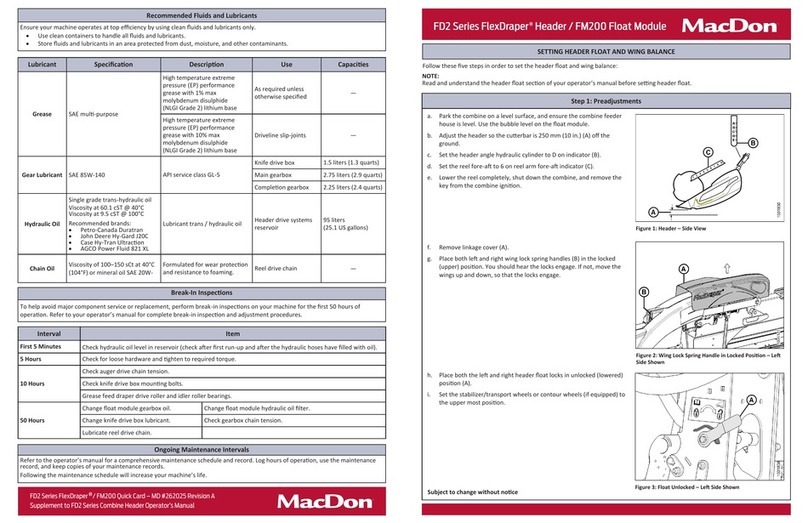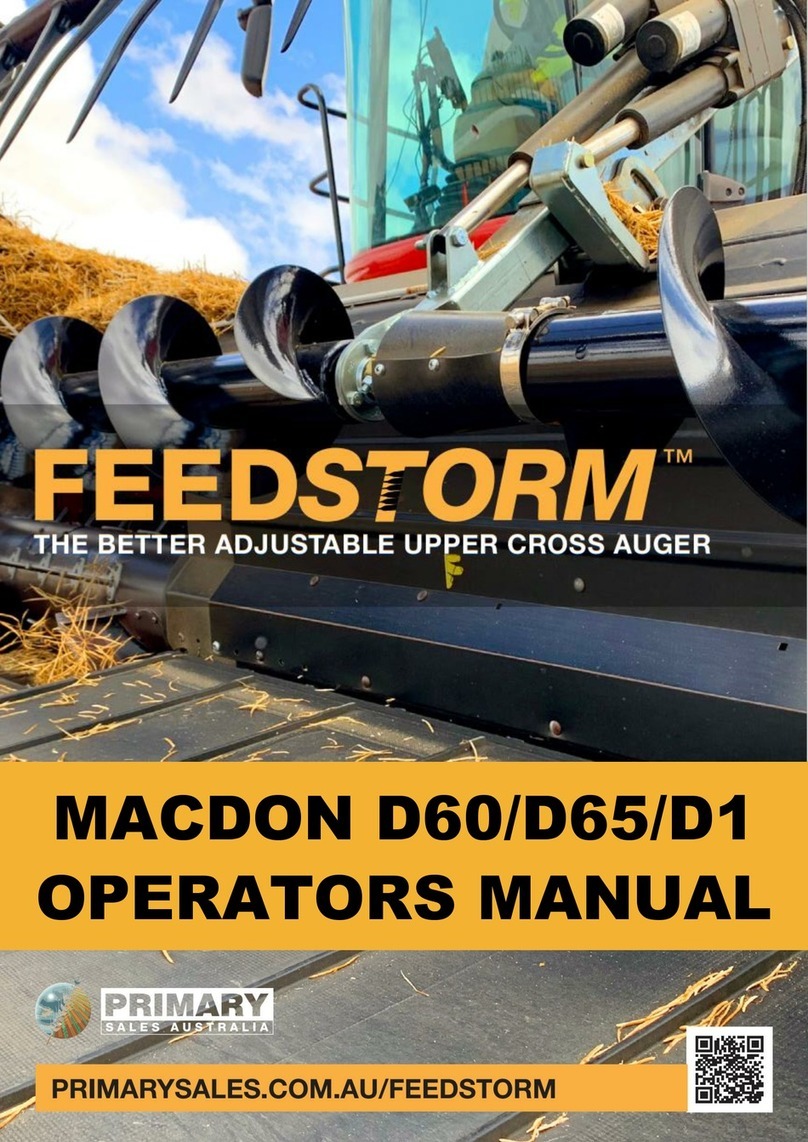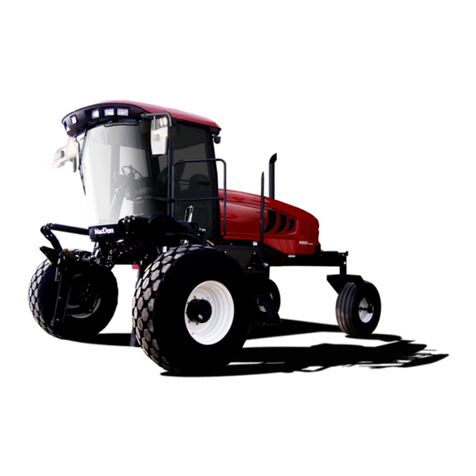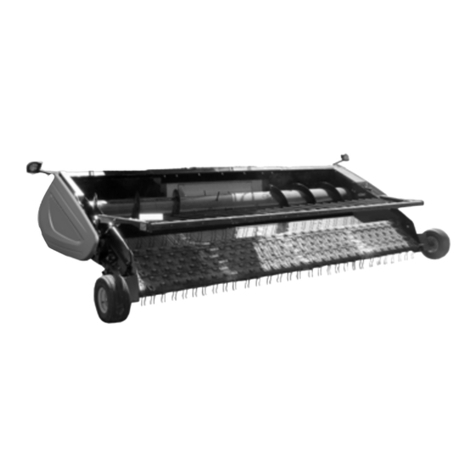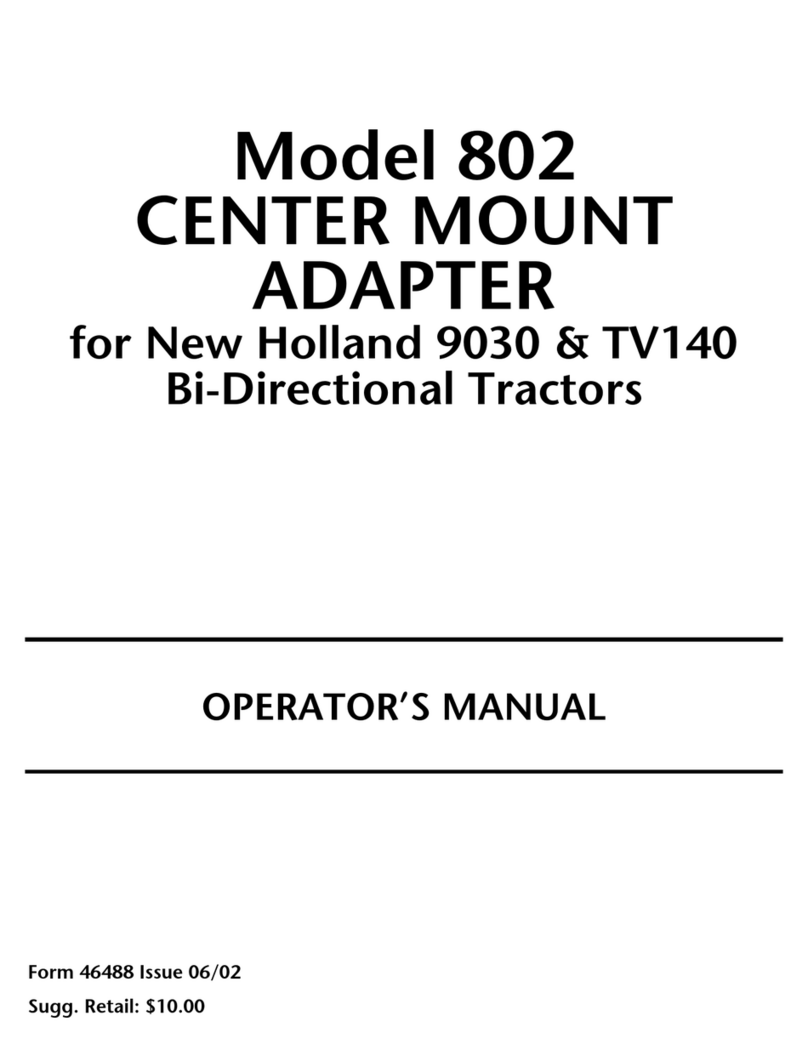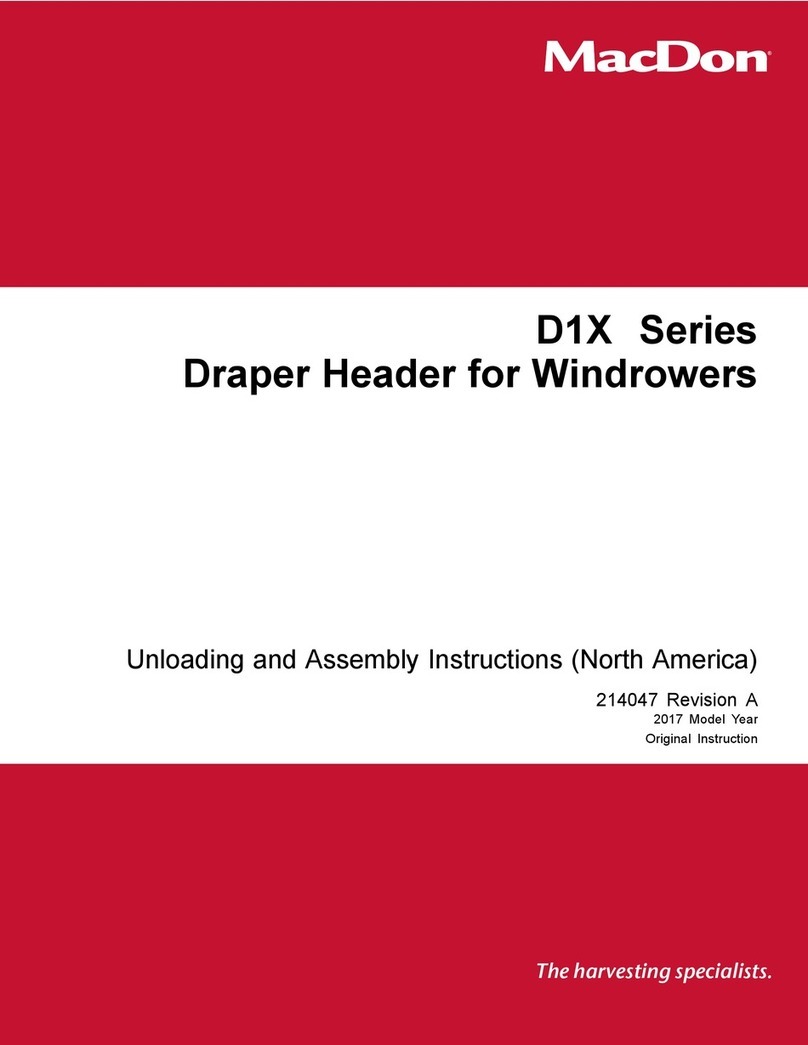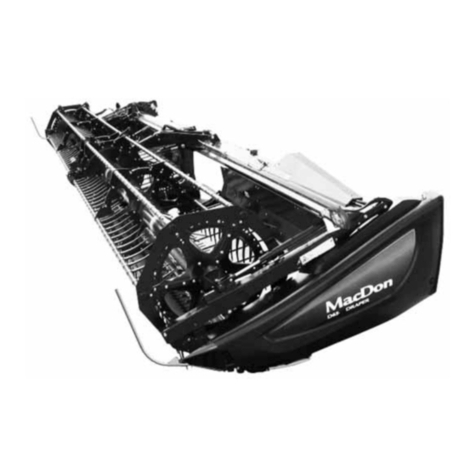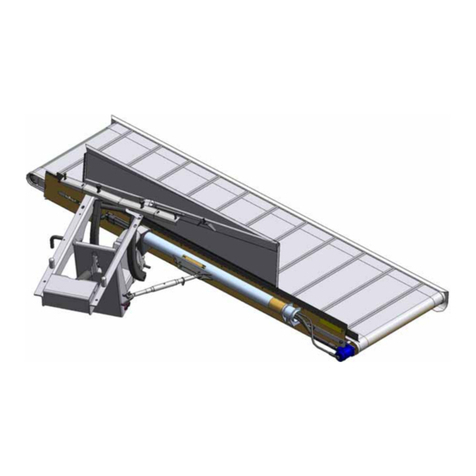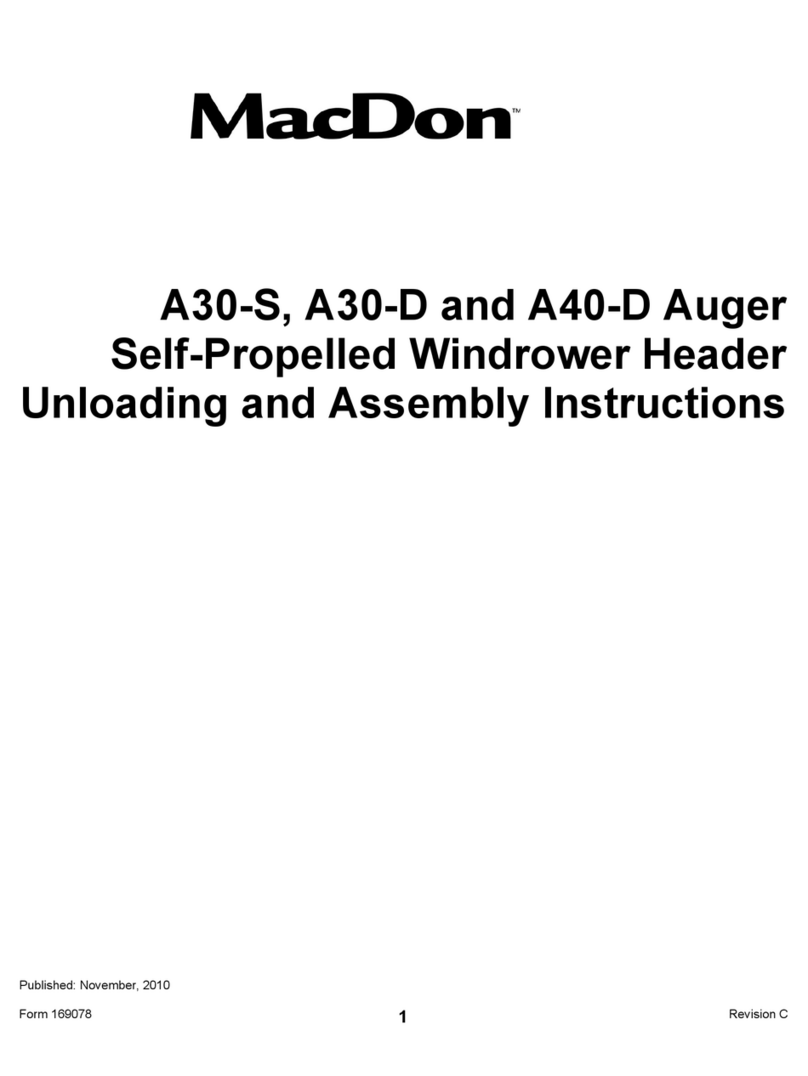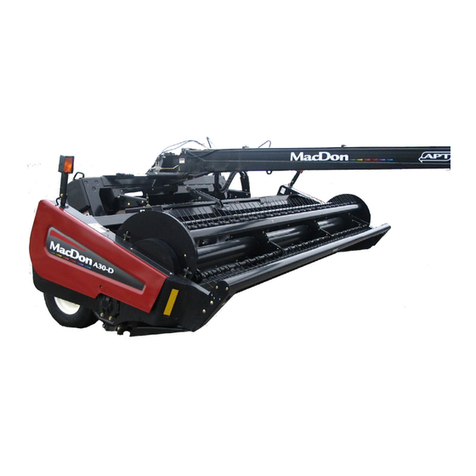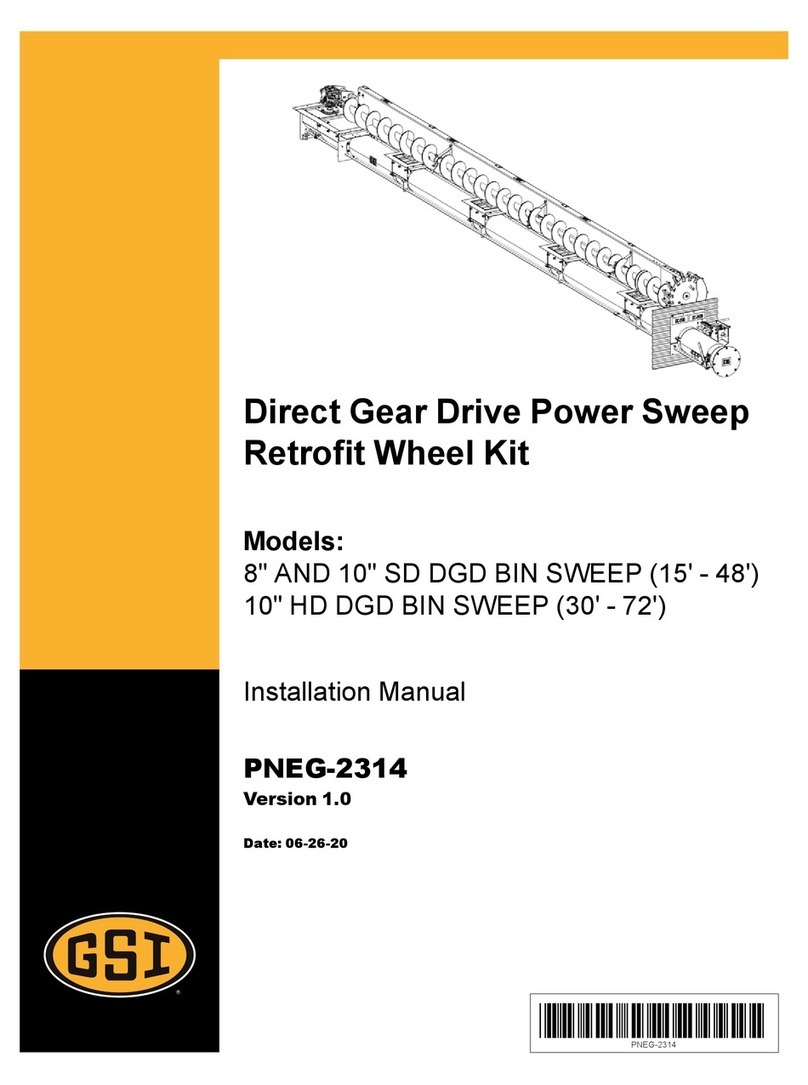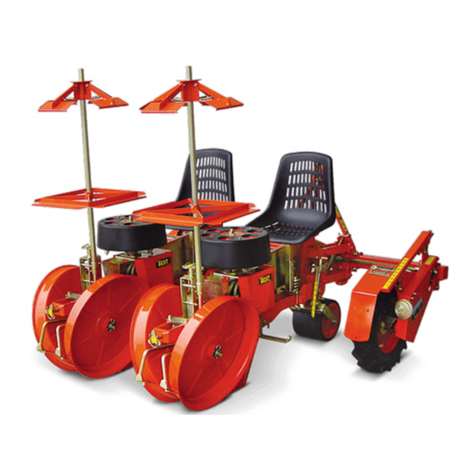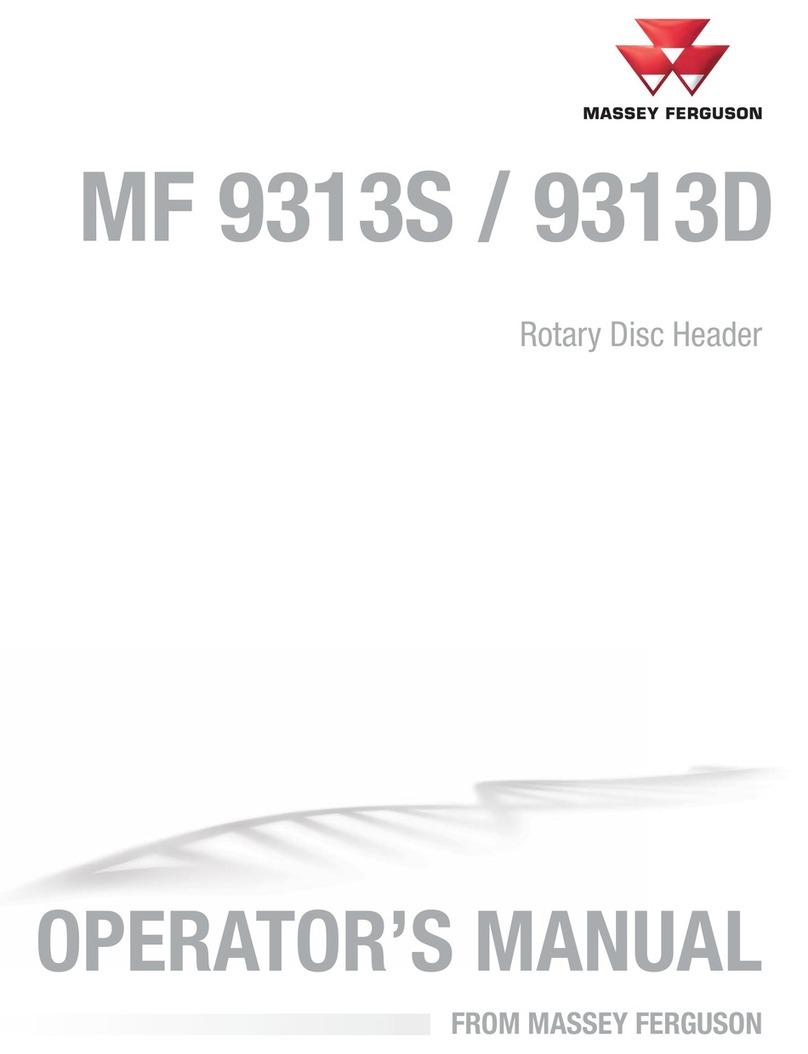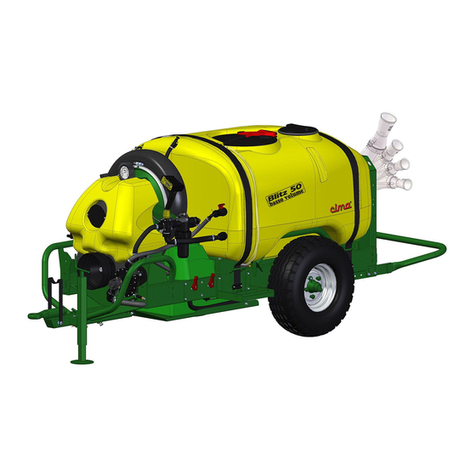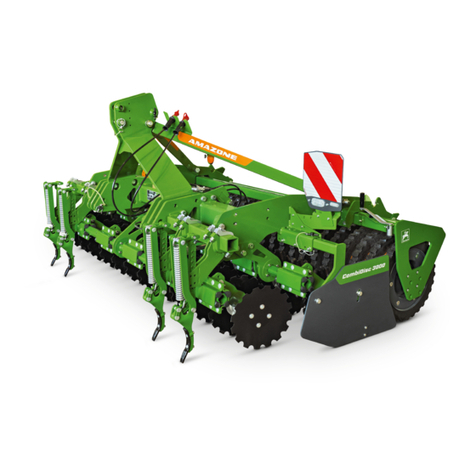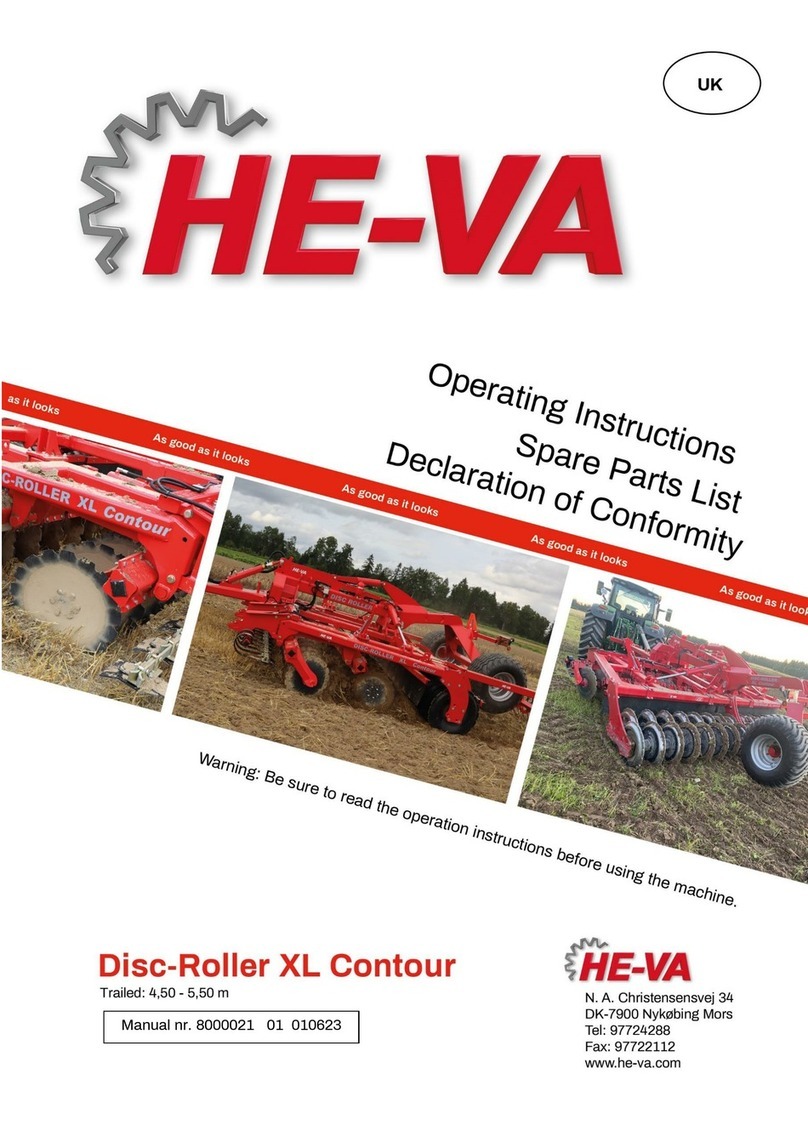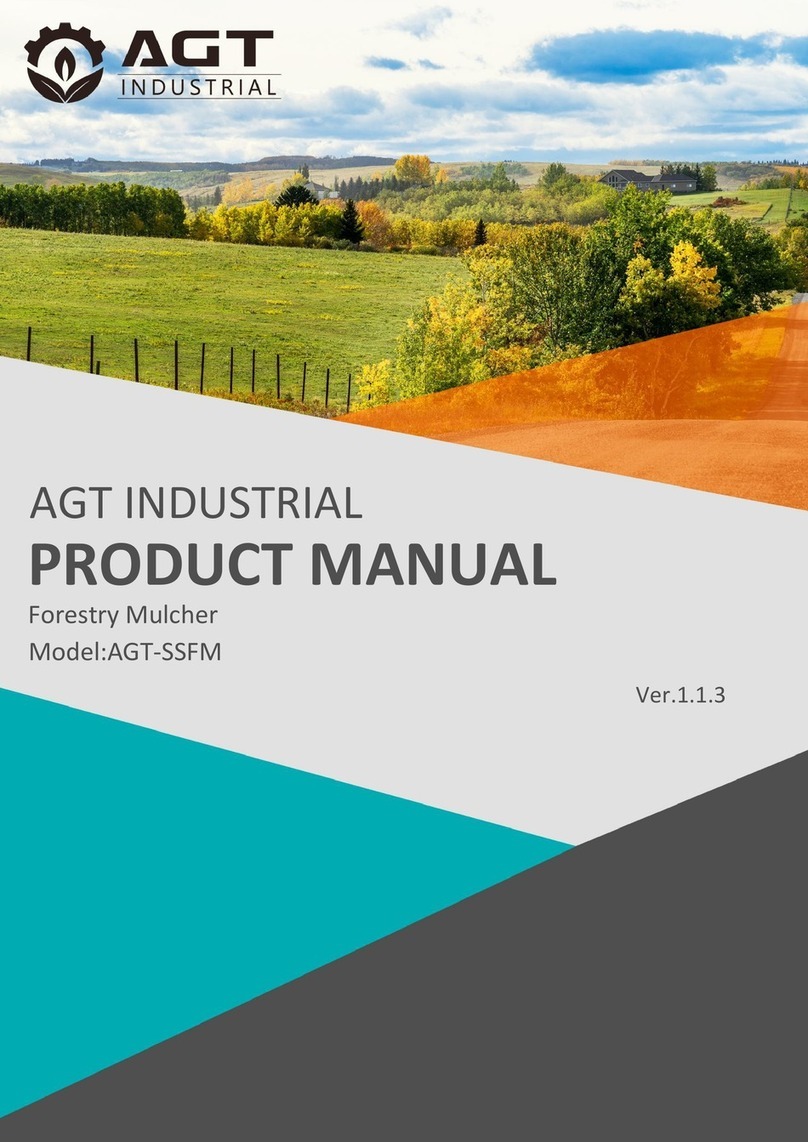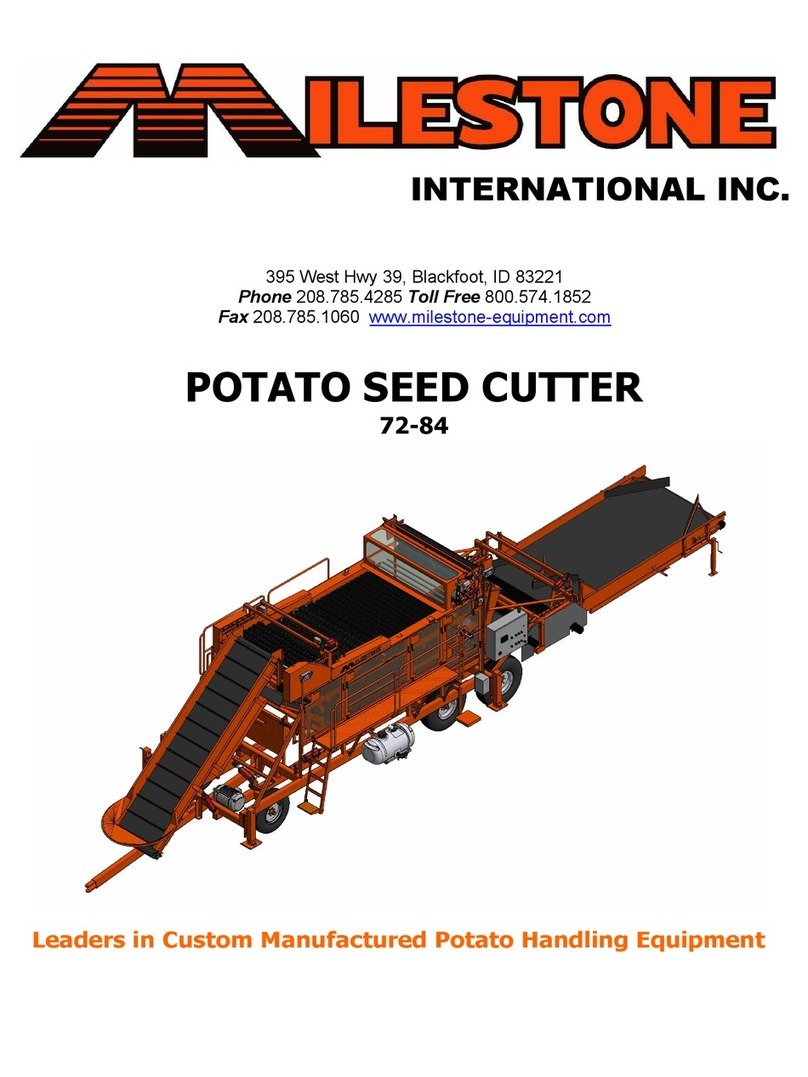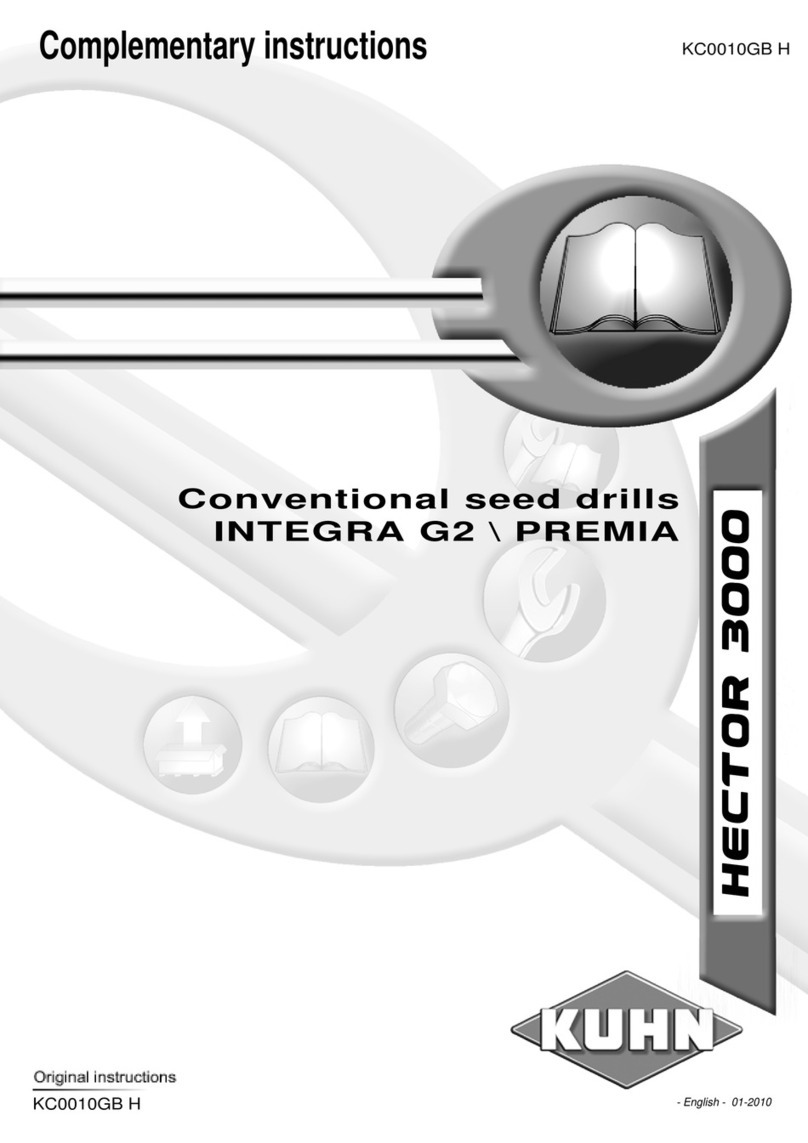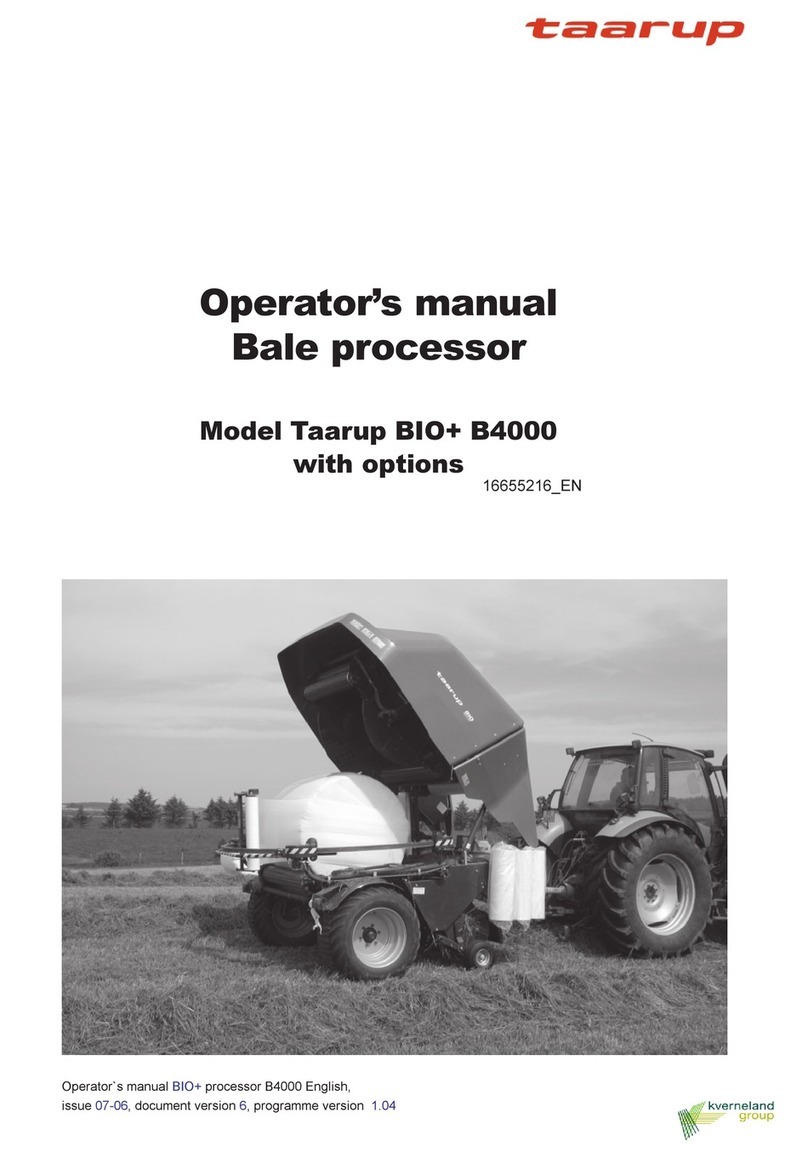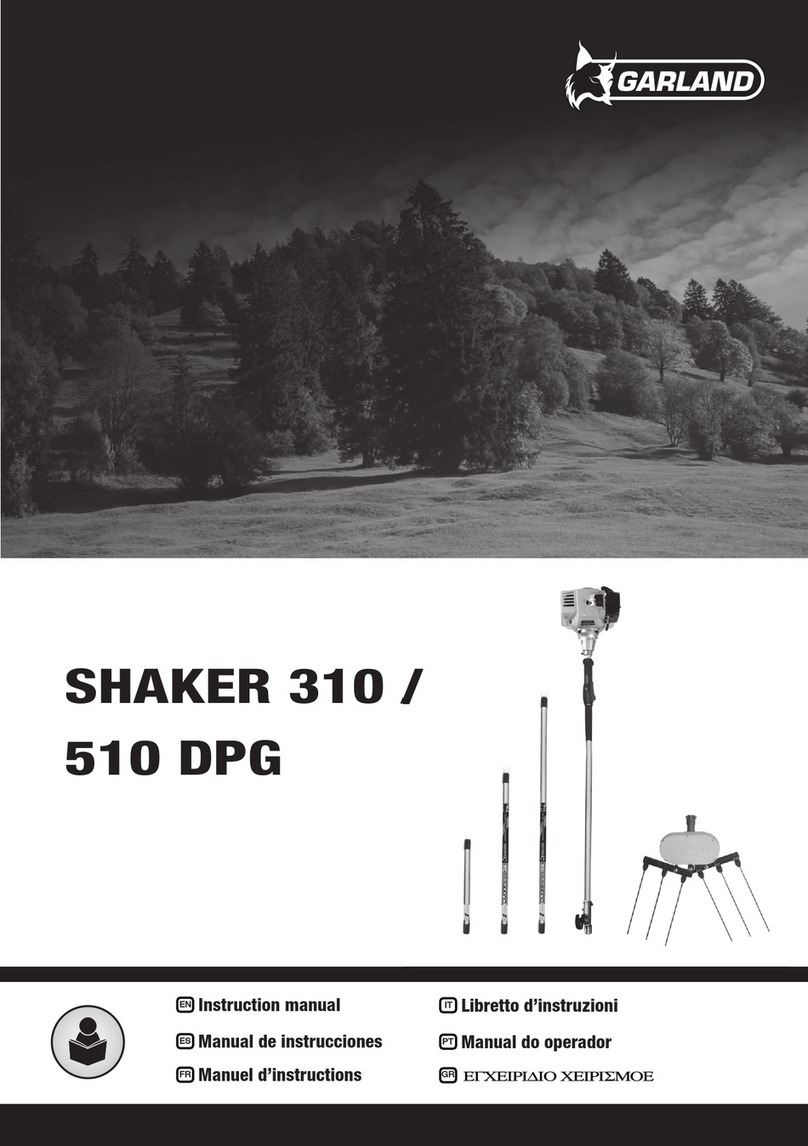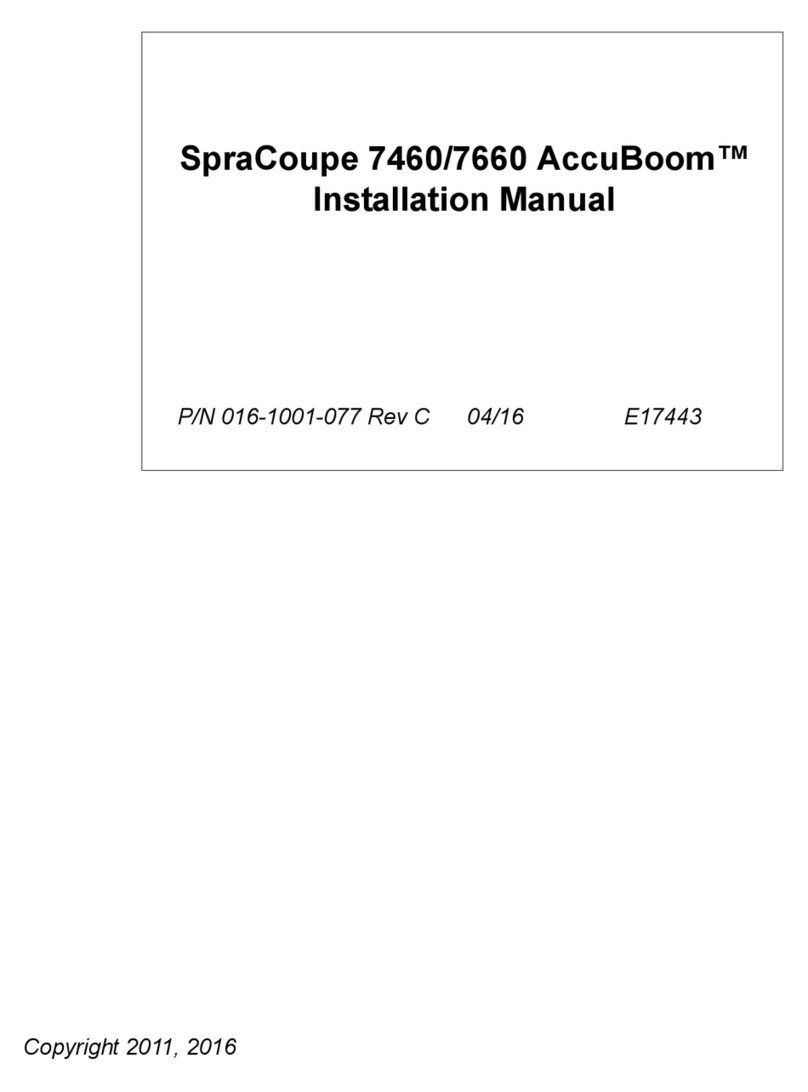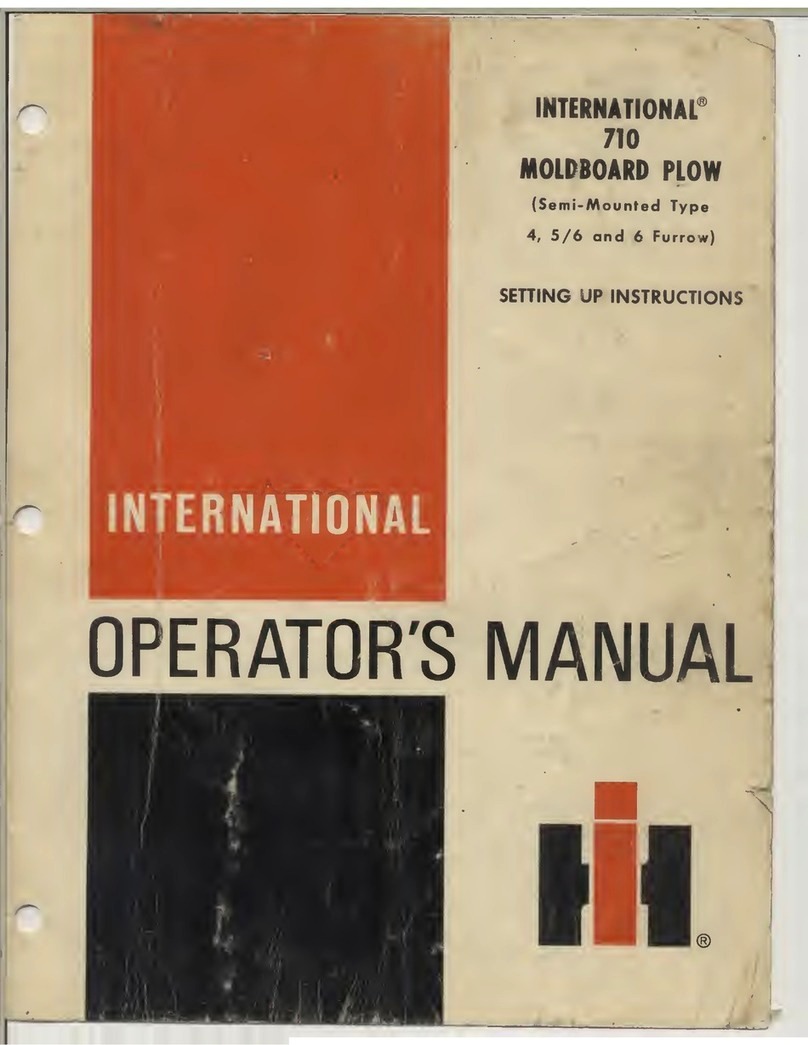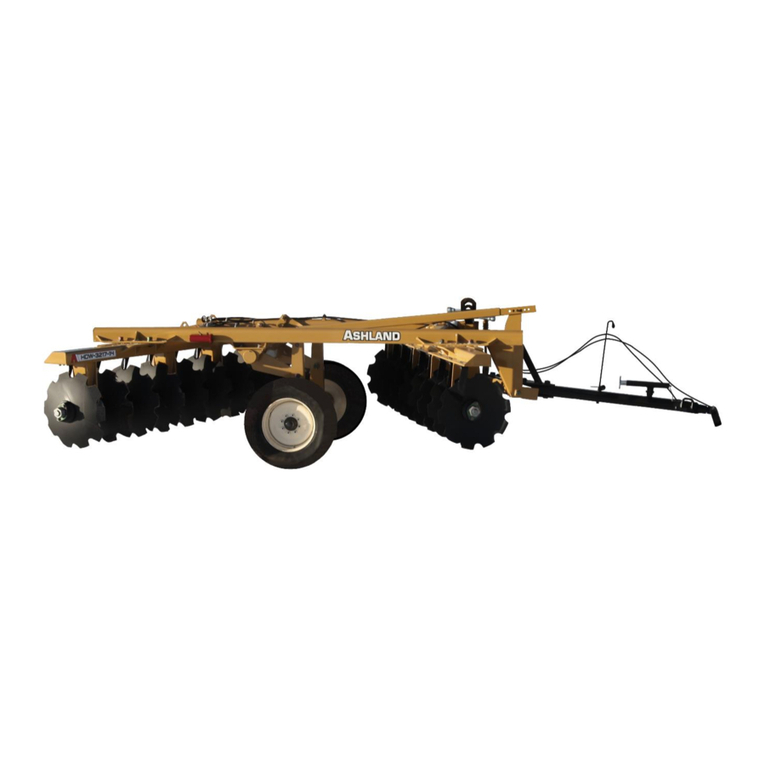
TABLE OF CONTENTS
6.4.1 Checking Roll Timing.............................................................................................................. 73
6.4.2 Adjusting the Roll Timing ........................................................................................................ 74
6.5 Forming Shields ............................................................................................................................ 75
6.5.1 Adjusting the Side Deflectors .................................................................................................. 75
6.5.2 Adjusting the Rear Deflector (Fluffer Shield)............................................................................. 77
6.5.3 Adjusting the Swath Baffle ...................................................................................................... 77
6.6 Header Angle ................................................................................................................................ 79
6.7 Cutting Height ............................................................................................................................... 80
6.7.1 Adjusting the Skid Shoe Height ............................................................................................... 80
6.8 Disc Speed.................................................................................................................................... 81
6.9 Ground Speed............................................................................................................................... 82
6.10 Double Windrowing........................................................................................................................ 83
6.11 Tall Crop Dividers (option) .............................................................................................................. 84
6.11.1 Removing Tall Crop Divider..................................................................................................... 84
6.12 The Header Pan ............................................................................................................................ 85
6.12.1 Removing the Header Pan......................................................................................................85
6.12.2 Installing the Header Pan........................................................................................................ 86
6.13 Haying Tips ................................................................................................................................... 87
6.13.1 Curing ................................................................................................................................... 87
6.13.2 Topsoil Moisture ..................................................................................................................... 87
6.13.3 Weather and Topography........................................................................................................ 87
6.13.4 Windrow Characteristics ......................................................................................................... 88
6.13.5 Driving On Windrow ............................................................................................................... 88
6.13.6 Raking and Tedding................................................................................................................ 88
6.13.7 Using Chemical Drying Agents................................................................................................ 88
6.14 Levelling the Header ...................................................................................................................... 89
6.15 Unplugging the Header .................................................................................................................. 90
7 Maintenance and Servicing................................................................................................................. 91
7.1 Preparation for Servicing................................................................................................................ 91
7.2 Torque Specifications..................................................................................................................... 92
7.2.1 SAE Bolt Torque Specifications ............................................................................................... 92
7.2.2 Metric Bolt Specifications........................................................................................................ 94
7.2.3 Metric Bolt Specifications Bolting into Cast Aluminum............................................................... 97
7.2.4 Flare-Type Hydraulic Fittings................................................................................................... 97
7.2.5 O-Ring Boss (ORB) Hydraulic Fittings ..................................................................................... 98
7.2.6 O-Ring Face Seal (ORFS) Hydraulic Fittings............................................................................ 99
7.3 Conversion Chart..........................................................................................................................101
7.4 Recommended Fluids and Lubricants ............................................................................................102
7.5 Maintenance Requirements...........................................................................................................103
7.5.1 Maintenance Schedule/Record...............................................................................................104
7.5.2 Break-In Inspections..............................................................................................................106
7.5.3 Preseason/Annual Service.....................................................................................................106
7.5.4 End-of-Season Service..........................................................................................................107
7.5.5 Lubrication and Servicing.......................................................................................................107
7.5.6 Greasing Procedure ..............................................................................................................108
7.5.7 Lubrication and Servicing Intervals .........................................................................................109
7.5.8 Lubricating the Cutterbar .......................................................................................................113
Draining the Cutterbar Lubricant .....................................................................................113
Filling the Cutterbar Lubricant .........................................................................................115
7.5.9 Rock Guards.........................................................................................................................117
Inspecting the Rock Guards ...........................................................................................117
7.6 Cutterbar Disc Maintenance ..........................................................................................................118
7.6.1 Inspecting the Cutterbar Discs ...............................................................................................118
7.6.2 Disc......................................................................................................................................119
169455 ivRev. E
